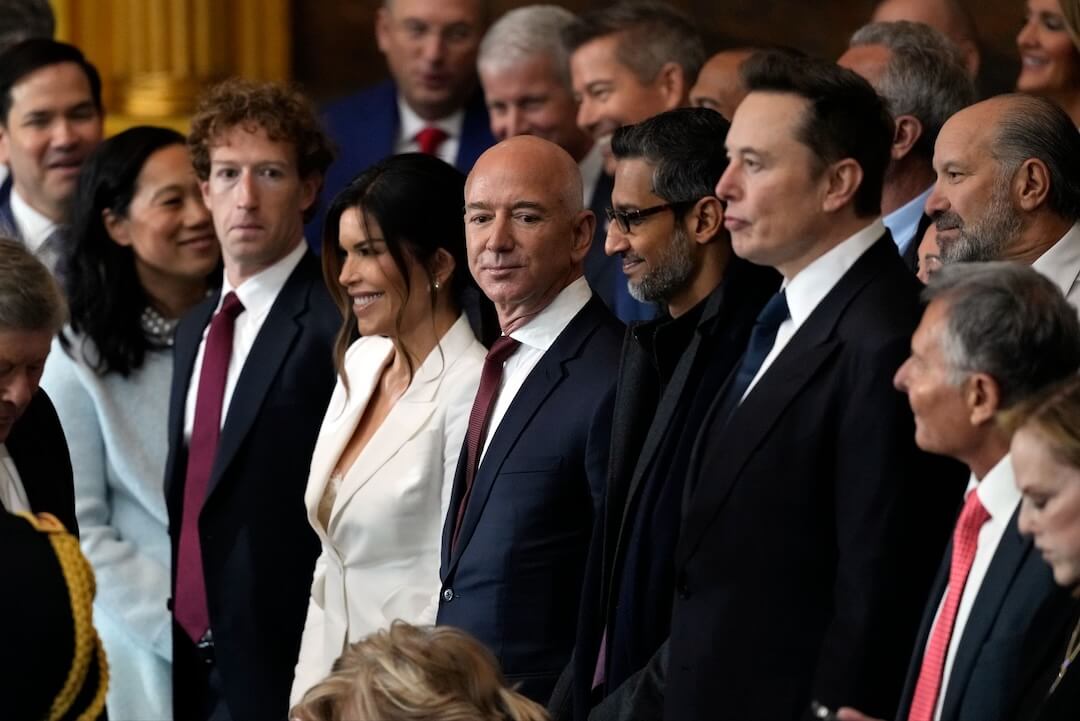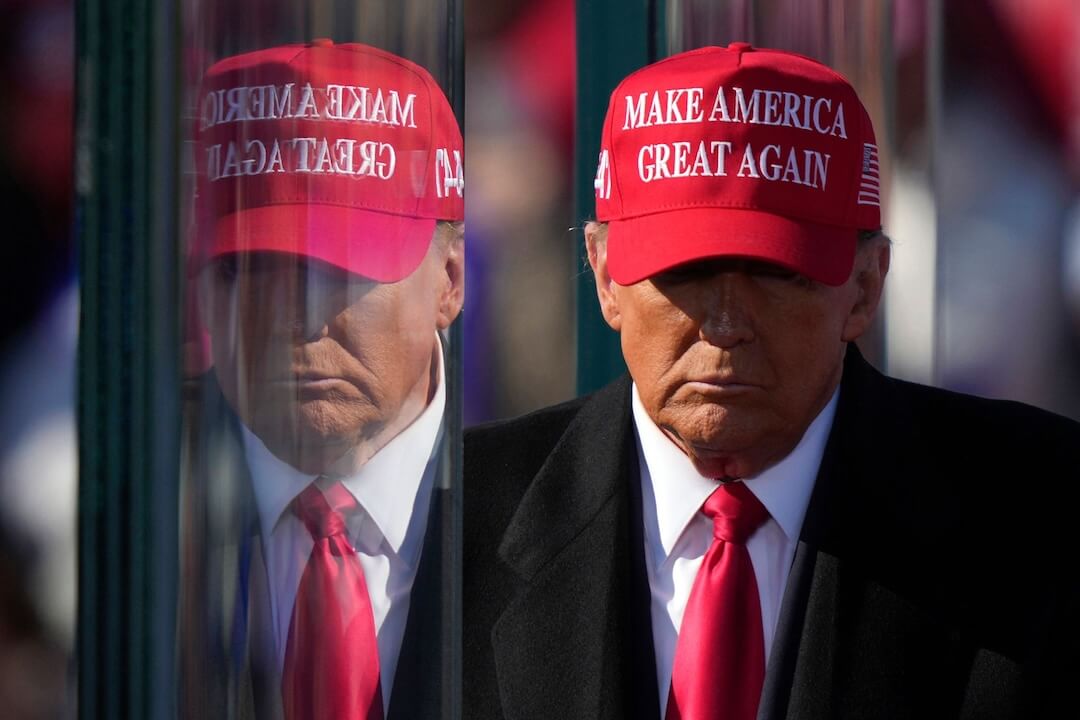Dozens of journalists tweeted about their “jobs before journalism” this week:
My jobs before journalism: high school teacher, bartender, researcher, tutor, debate coach, stationery store clerk, dance teacher for children who are all now out of college. https://t.co/6tAkc5Bcyg
— Jessica Huseman (@JessicaHuseman) July 12, 2018
My jobs before journalism:
— babysitter
— face painter
— cat sitter
— gas pump jockey
— fish painterIf you're interested, I can explain that last one
— Mathew Ingram (@mathewi) July 12, 2018
My jobs before journalism:
1. Rose field worker (ages 9-14)
2. Dishwasher at Finn and Feather Rest. (15)
3. Chuck E. Cheese (I was The Rat at age 16)
4. Brookshire's meat market (17)
5. Steak and Ale/Oxford St (waiter, 19-24)
6. TX Dept Human Services (social work w/ elderly, 25)— Cedric Golden (@CedGolden) July 11, 2018
These jobs are more than bullets at the end of a resume, though — there’s a lot to learn from taking a non-journalism summer job instead of, or in addition to, an internship, which is a financial necessity for many.
My first job as a barista taught me how to deal with customers’ frustration without taking it personally, which has come in handy when dealing with difficult sources. Working as a summer camp counselor for two years taught me to adapt to any situation and stay calm under pressure, skills I’m grateful for in any breaking news situation.
We asked journalists what they learned from their non-journalism jobs that applies to their current work.
Here’s what they shared on Twitter:
“Be on time — no, be early — for a shift. Which also means be early for an interview, an availability, a meeting, or an appointment. (what I learned at 16, after getting fired for being late to a waitressing job one too many times)” — Rachel Lenzi
“I remember reading the newspaper before I delivered my town's weekly newspaper at 3 a.m. It made me curious about the world around me, which applies today.” — Ben Winslow
“I was a student debt collector and had a quota of about 60 calls a day to make. This trained me to appreciate and respect deadlines and taught me that calling is always the best way to reach someone who doesn't want to talk to you. Getting hung up on is a fact of life for both professions. I learned not to take it personally. Getting called a b**** is also a fact of life, and the key is to understand it from their perspective. Or just ignore them. You have to.” — Marlee Baldridge
“Building relationships with your customers can make them more comfortable talking to you and sharing stories that other people might also find interesting.” — Craig MacCormack
“Sold shoes at JC Penney. Learned how to juggle multiple demands from impatient and often uninformed people.” — Jack Kuenzie
“Don't take anything personal. Know your job and know your audience. Don't fear an ass-kicking. We all get (and sometimes deserve) a good ass kicking. Don't take anything personal.” — Ruben Hidalgo
"While I was a carhop at Sonic, people literally threw cheeseburgers at me and chili cheese fries when they were upset and I had to smile and brush it off, so negative comments on my stories or people saying my stories are fake because I’m a woman doesn’t faze me at all." — Holly Duchmann
“Be open to new ideas and ways of doing things. My first job before journalism — many years ago – was working for our family business, in manufacturing.” — Cat Ayre
“Retail is great when it comes to talking to random strangers. It also helps you deal with the awkwardness of rejection, there were so many times I'd ask a customer if they needed anything only to have them murmur and run away.” — Natalia Alamdari
“Working as a bingo reader for an online outlet taught me to think on the spot, not to panic live on air and how to speak to time! #broadcast skills galore from that job!” — Laura Garcia
“I was a waitress for seven years throughout HS and college. Being personable with strangers was a great stepping stone to talking with sources. Sometimes they feel nervous and stiff, but making them feel comfortable — even just talking about weather! — can help break the ice.” — Dori Zinn
“Data entry — whether automated or human — requires multiple checks.” — Jonathan Groves
“I did telemarketing/surveying in high school. That early shyness to pick up the phone and call a stranger for a story when you're first starting out — I think it helped me get over that real quick.” — Justin Lee
“Never take no for an answer, or even maybe.” — David Clinch
"HS Teacher: Always deal with conflict face to face. Country-Music-Video-Script Ghostwriter: There are no new ideas Garth Brooks already did it." — Blake Nelson
“I was a lifeguard and learned a lot about watching people for red flags or inconsistencies, and general observational reporting skills.” — Diana C. Nearhos
“Building a rapport and relationship with a boss. They have to be able to trust you to do what they ask while also believing in your efficacy enough to give you the benefit of the doubt when you need it.” — Peter Bukowski
“Jobs before journalism: residential counselor/day-habilitation counselor, McDonald's, retail, cemetery worker. What I learned? We're all gonna die and the folks who bury you likely don't care who you were.” — Kim Ring
“Listen more, everyone has a story.” — AnnMarie Welser
“I think when you work a retail job it trains you on how to help the public. That applies to what I do today.” — Jennifer W. Sheehan






